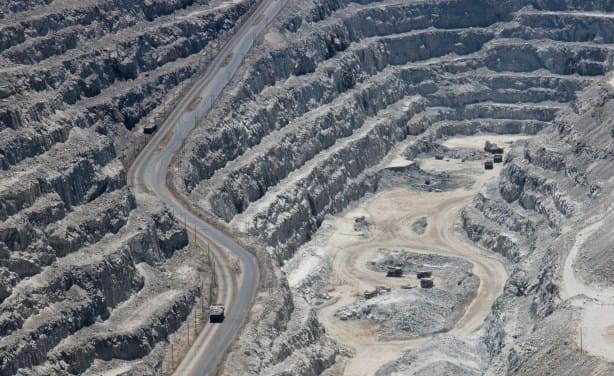The Russian state atomic energy agency’s uranium exploration has been put on hold by Namibia due to worries about possible contamination of groundwater.
Namibia, the second-largest producer of nuclear fuel in the world, gave exploration rights to Russia’s Rosatom subsidiary, One Uranium, in 2019.
However, this month Namibia’s Ministry of Agriculture, Water and Land Reform rejected the business’s request for a water usage permit needed for mining, claiming the company had not demonstrated that the process it used to extract uranium would not pollute.
Calle Schlettwein, Namibia’s Minister For Agriculture, Water, And Land Reform, said last month that they were unable to approve a uranium mining permit for Russia’s nuclear agency.
Read also: Aid volunteer says flooding leaves millions homeless in Pakistan
Schlettwein declared that no further permits would be issued since the in-situ leaching mining technique the business proposed was causing environmental issues.
In his words, “The permits that we’d given had conditions to make sure that we can monitor the activities and that we can ensure ourselves continuously that no risk to the aquifer is happening,”. “Now, unfortunately, the company did not conform to the conditions and we have now suspicion that the mining operation, which is called in situ leachings… mining, in fact, I see there is a risk to the aquifer by polluting it.”
Minerals are recovered during in situ mining by being dissolved in acid that is poured into the earth and then pumped back to the surface. Farmers in Namibia’s eastern Omaheke region, according to Schlettwein, have petitioned against the practice.
Story was adapted from VOA.
